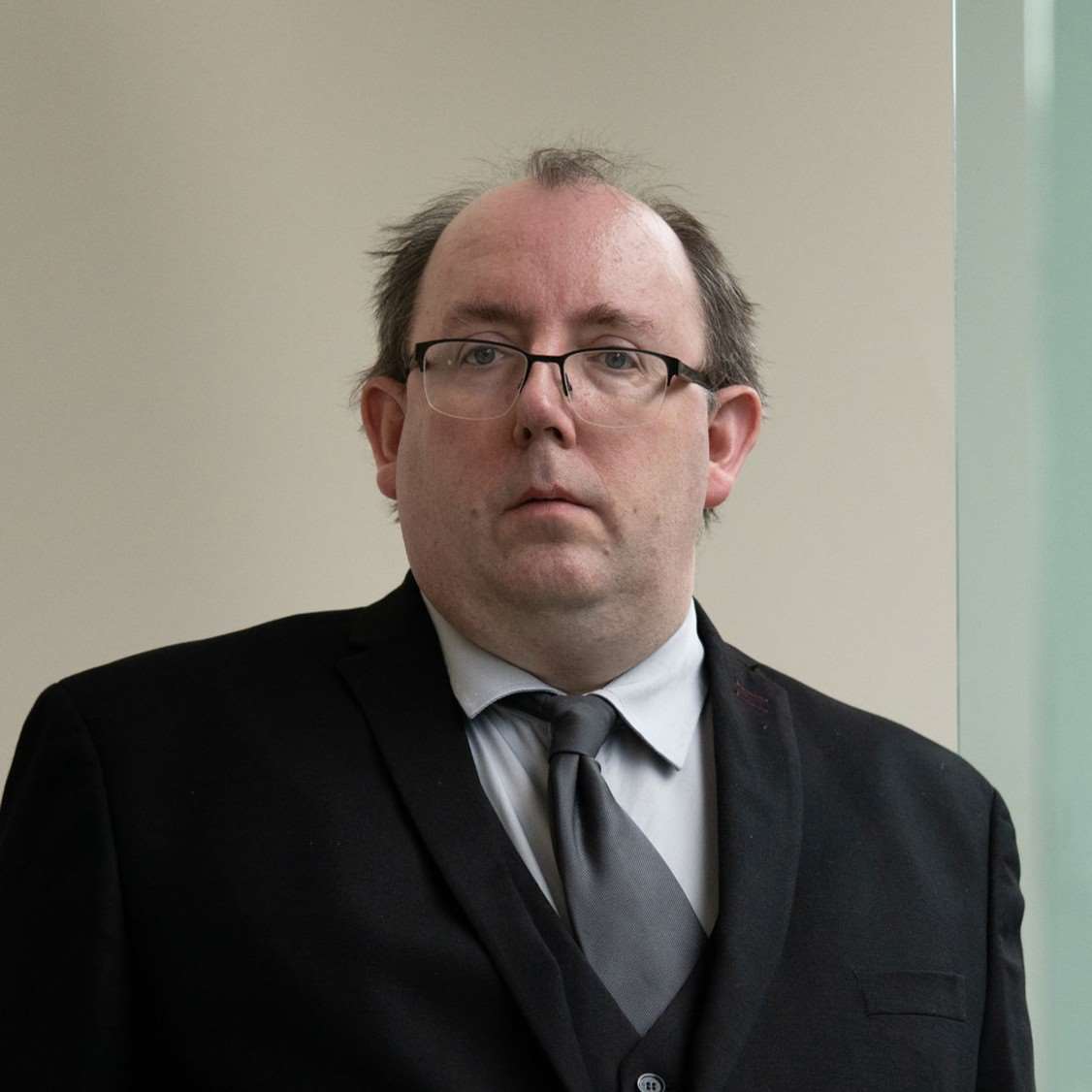Disputes following a bereavement

Each year, it seems growing numbers of people find themselves in situations where there is a disagreement after someone has passed away about the deceased’s estate.
It could relate to challenging the validity of the will, the distribution of the estate, ownership of property, fallings out with, or even between, executors and issues arising from badly drafted wills.
John Breeze, director, Head of Will, Trust and Inheritance Disputes at Wake Smith Solicitors looks at the most common issues.
This article covers:
- The validity of the will
- Distribution of the estate
- Property-related challenges
- Disputes about estate administration
- Badly drafted wills
- Your next move?
The validity of the will
A challenge to the validity of a will may take the form of an allegation that the will was not correctly signed or witnessed, or that the person making it did not have the necessary mental capacity to understand what he or she was doing at the time.
Other challenges may be based on an argument that improper pressure was brought on the person making the will, usually by a family member or a carer, resulting in the making the will, or that the person making the will did not know and approve its contents.
There may be any combination of the above allegations in any one case.
Thankfully fewer cases may involve allegations of forgery or other fraud.
Distribution of the estate
The law gives certain family members and dependents the right to claim a share of the estate, whether the deceased left a will or not.
Each case must be taken on its own merit and the rules around these claims, under the Inheritance (Provision for Family & Dependants) Act 1975, are complicated.
Claims are often motivated by the relevant family member feeling that they have been treated unfairly by the deceased when another beneficiary stands to inherit much more. For example, a child who has been cut out of a parent’s will or left much less than their sibling.
We also see many claims from a spouse or unmarried partner who feels that the deceased’s will, or lack of one, means that reasonable financial provision has not been made.
These cases need careful and experienced handling as there are a number of traps to avoid, and it is important to manage expectations. The legislation does not simply allow the Court to redistribute a deceased’s estate to achieve what a claimant argues to be fair.
In all cases the Court will be concerned to know what an applicant might need for their financial maintenance, and weigh that against the financial circumstances of the other beneficiaries, as well as taking into account a range of other factors.
Property-related challenges
Disputes can also arise in relation to property owned by the deceased. It is not uncommon for a partner or family member to assert that they put money into the property, directly or indirectly, or that promises were made on which they relied, and thereby claim an entitlement to a share.
Disputes about estate administration
Disputes may also arise between executors and beneficiaries, or between executors themselves, when decisions need to be made about the estate administration.
For example, two beneficiaries may wish to receive the same property or sentimental item from a deceased’s estate. Or there may be a disagreement about the proposed sale price of an estate asset, or the strategy for achieving a property sale.
Executors may find it difficult to put aside their personal issues and work together. There may otherwise be disagreement about which professionals, such as solicitors or estate agents to use in the estate administration process, or about how much information the executors should provide to beneficiaries of the estate as the process is ongoing.
Badly drafted wills
A person may use a solicitor, other professional will writing service, or make their own will. In any of these situations mistakes can happen.
We regularly encounter wills that are defective in some way affecting their validity, or which are vague as to their meaning, or which fail to properly record the deceased’s true intentions.
In those circumstances it may be necessary to apply to Court to rule on the validity of the will (as above), or for the will to be interpreted or, in limited circumstances, rectified to honour the deceased’s wishes.
Where mistakes are made by solicitors or professional will writers then that may lead to claims for costs or damages by disappointed beneficiaries.
Your next move?
If you think that you may have a situation that falls into this area or with which we can assist, please contact us today. It is important to seek specialist legal advice as soon as possible.
Contact John Breeze, director, Head of Will, Trust and Inheritance Disputes at Wake Smith Solicitors on 0114 224 2121 or email [email protected]
Published 19/01/24

About the author
Director in Will, Trust and Inheritance Disputes










